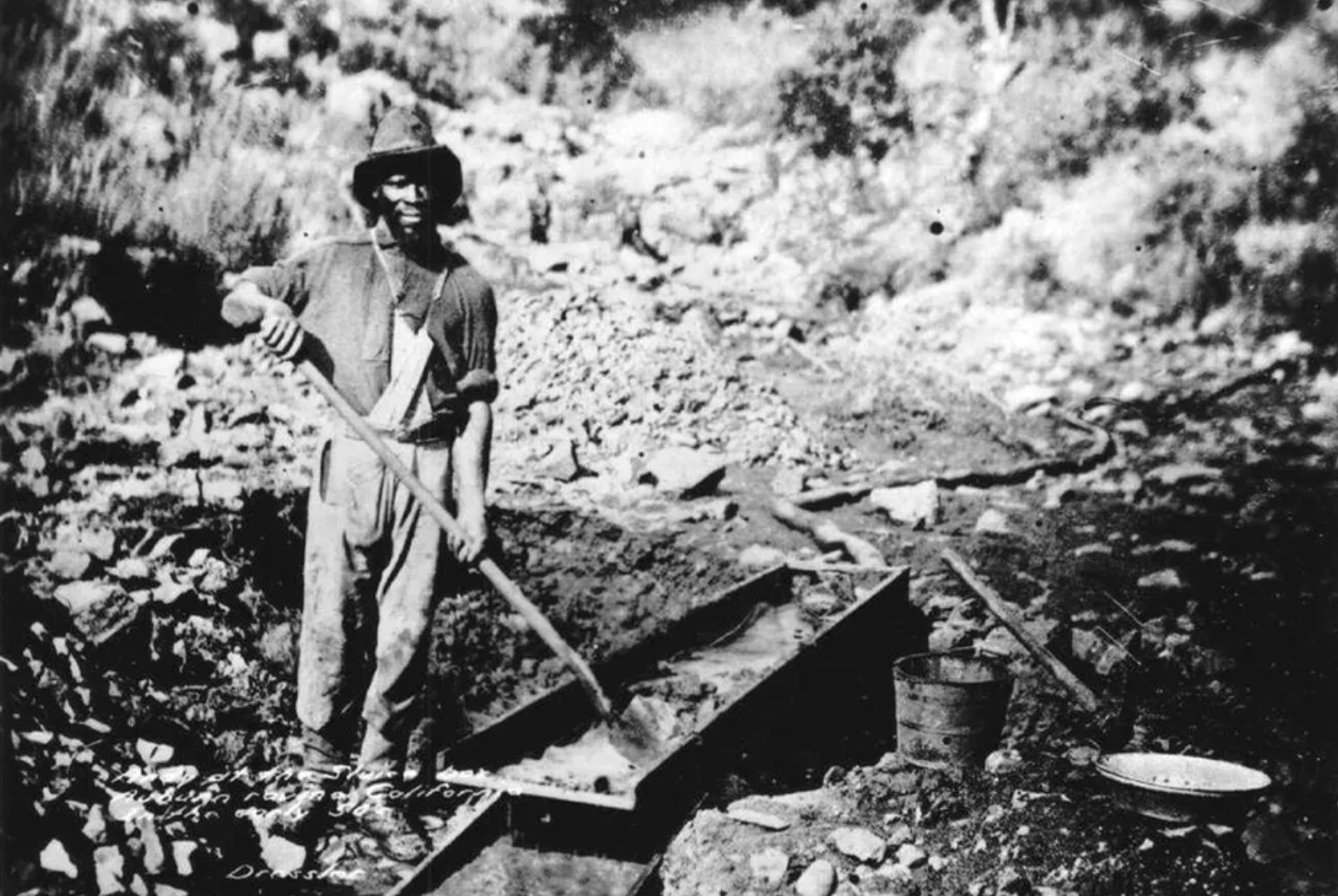By Kevin Waite/The Conversation
The history of American slavery generally conjures a set of familiar images: sprawling plantations white with cotton, gangs of enslaved African Americans stooped low over the fields, bullwhips cracking in the summer heat. It’s a strictly southern story – or so we’re told.
But that narrative misses a huge swath of the North American map and a crucial chapter in U.S. history. American slavery wasn’t confined to the cotton fields and sugar plantations of the south. By the mid-19th century, it had reached the western end of the continent.
Human bondage had already been outlawed in California for two years when Robert Givens, a gold prospector and rancher, began planning to bring a black slave named Patrick into the state from Kentucky in 1852. Givens understood California’s antislavery law, but wasn’t concerned. Send Patrick west anyway, he urged his father, a Kentucky slaveholder. “When he gets in,” Givens wrote in a letter that resides at the University of California-Berkeley: “I should like to see any one get him out.”

Givens’ confidence was justified. Perhaps as many as 1,500 enslaved African Americans were forcibly transported to California between 1849 and 1861. Hundreds arrived before the state’s constitutional ban on slavery went into effect in 1850, but many others came after. California, as Givens realized, was a free state in name only.
I’m a scholar of slavery in the American far west. My new book, West of Slavery, explains how Southerners, including Givens, transformed California and neighboring territories into an appendage of the plantation states.
Despite excellent earlier works on the subject, the history of slavery in the American West hasn’t received the public attention it desperately warrants. Amid the ongoing global dialogue on slavery and its legacies, the American West is often left out of the conversation.
That’s partly because myths of the West – as a landscape of freedom and rugged individualism – are rooted deep in popular thinking. And today, Californians tout their reputation for cosmopolitan liberalism and cultural pluralism. Slavery has little place in the stories Americans tell about the West. Scratch beneath the veneer of this mythology, however, and a much darker history emerges.
Read MorePosted on October 2, 2021



